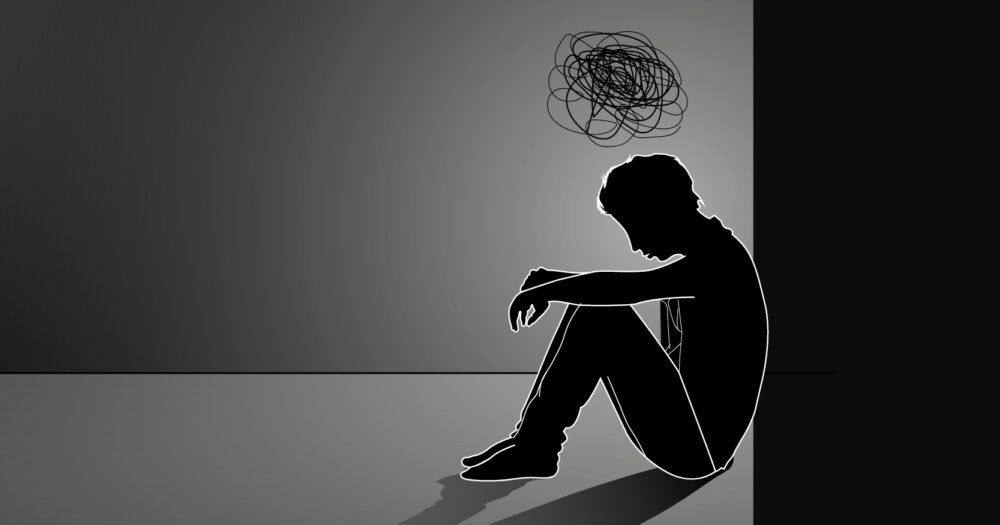“The student has said…” At the uttering of those words, your world tilts in an unsettling way. A whole chain of events inevitably follows. You know this as soon as the words are spoken.
You’ll be given the accusation in writing. The process will be explained. You will be given the details of a support service. You may be escorted from the building. You might have your ID removed. You must have no contact with anyone except personnel or your union rep. And then you are cut loose.
There is nothing you can do except trust the system. It’s easy to trust a rope bridge from a distance. But when you actually have to walk over it, it all starts to feel a little more existential.
Imagine yourself in that situation. What races through your head as you scan back over every interaction, seeking anything which could have been misconstrued? How do you feel as you drive away from work? What is that shame? That feeling of guilt, even though you know you are innocent? What do you do next? Who do you tell?
In teaching, safeguarding procedures reverse the normal balance of justice. Necessarily, perhaps. You have to be treated as guilty until proven innocent. To do otherwise might leave guilty people in place with vulnerable minors. That is too high a price to pay. So we have the possibility of false positives. Even if this is a necessary imbalance, it is not a satisfactory one. But what’s the real alternative?
A 2011 DfE study found nearly half of complaints made against teachers were unsubstantiated, and it admitted, “When these allegations are later found to be malicious or unfounded, the damage is already done. It can have a devastating impact and ruin a teacher’s career and private life.”
Most teachers are in the profession for noble reasons; they are caring people who want the best for their students. This all goes against the grain.
But young people are not yet the finished product. The prefrontal cortex which controls the assessment of risk and consequence and regulates emotion isn’t fully formed. So when they take against a teacher, they may try to lash out with the little power they have. An accusation is shared tearfully at home. A shocked parent believes their child. And the system has to take it seriously, because safeguarding is serious.
But there is an unpredictable element here and that is the student with malicious intent who is out to hurt without thinking through consequences, either for the teacher or themselves. They’re not evil. They’re just immature and naïve to the dire results of their small act of protest.
So the process grinds towards a terrible outcome for someone, whether you or them. The collaborative becomes polarised. What should be win-win becomes a zero-sum game.
What is the solution to this? That is beyond a teacher’s ken. One does wonder, though, whether there could be a more informal way for complaints to be assessed before being elevated or dismissed? Surely not every complaint has to be taken through the whole formal process?
Back to being the object of investigation. As you sit at home waiting, your mind can go to dark places. Even if you are certain of vindication, it is still a relief to hear your innocence stated in that last awkward meeting with HR. But the whole thing feels stained and sordid from start to finish, just by the very airing of an accusation.
There is something sacred in the trust placed in a teacher. So when the teacher-student interaction is called into question it already feels like a violation, even if the supposed violation never happened. The accusation is itself a breach of the trust on which teaching relies.
You may be warier afterwards. But your students deserve the same commitment you’ve always given. You have to forgive if you are to be released from the hurt. You simply have to trust the system. Because when it’s all over for you, it will just be starting for that unwise student who has somehow become your opponent. They will have questions they need to answer. And nobody wins in a game that malice has started.
















Your thoughts